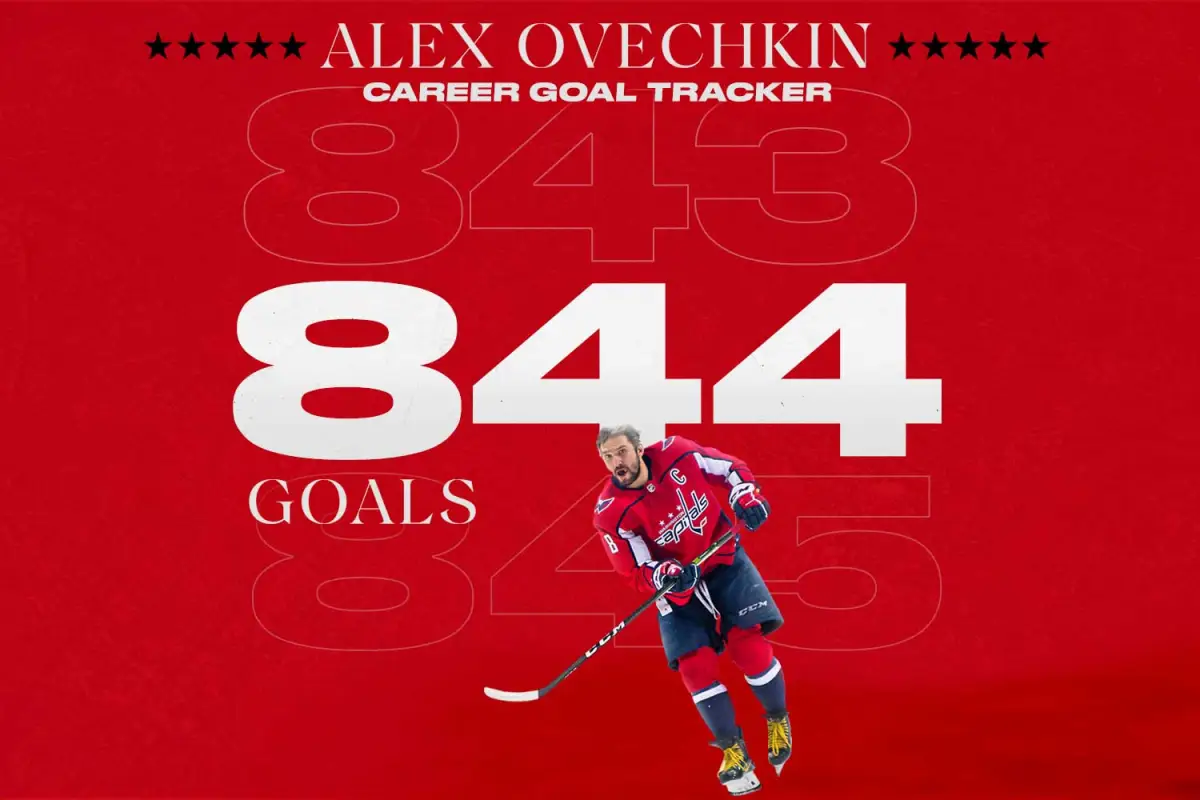In the competitive world of the NHL, teams are always looking for ways to gain an edge over their rivals, not just in terms of on-ice strategy but also in player recruitment and retention.
One factor that’s increasingly come under the spotlight is the impact of state income taxes—or the lack thereof—on a team’s ability to attract top talent.
The Florida Panthers’ recent signing of Gustav Forsling to an 8-year contract extension at a 5.75M AAV is a prime example of how no state income tax can be a significant advantage for certain teams.
Florida, along with other states like Texas, Nevada, and Tennessee, does not levy a state income tax.
This policy can lead to substantial financial benefits for athletes who sign contracts with teams based in these states.
For instance, a player earning millions per year can save hundreds of thousands of dollars annually in taxes compared to playing in states with high income tax rates.
This financial incentive is a potent tool for teams in no-tax states, allowing them to attract and retain elite talent more easily than their competitors in higher-tax jurisdictions.
In the case of the Florida Panthers, the lack of a state income tax in Florida gives them a competitive edge in negotiations.
When players like Forsling evaluate contract offers, the net take-home pay is a critical factor in their decision-making process.
The Panthers and other teams in no-tax states can offer a more attractive financial package, even if the nominal value of the contract is similar to offers from teams in states with income taxes.
This financial efficiency can make teams in no-tax states more competitive on the ice, as they can allocate resources more effectively across their roster.
In conclusion, the Florida Panthers’ ability to use the state’s no income tax status as a recruitment tool underscores a significant financial dynamic in professional sports.
While it offers a clear advantage to teams in no-tax states, it also poses challenges for the league’s goal of competitive balance.
Addressing this issue will be crucial for ensuring that all teams have a fair shot at competing for top talent and, ultimately, the Stanley Cup.



